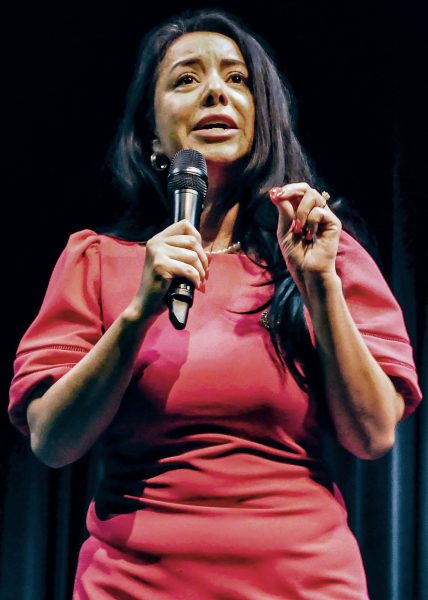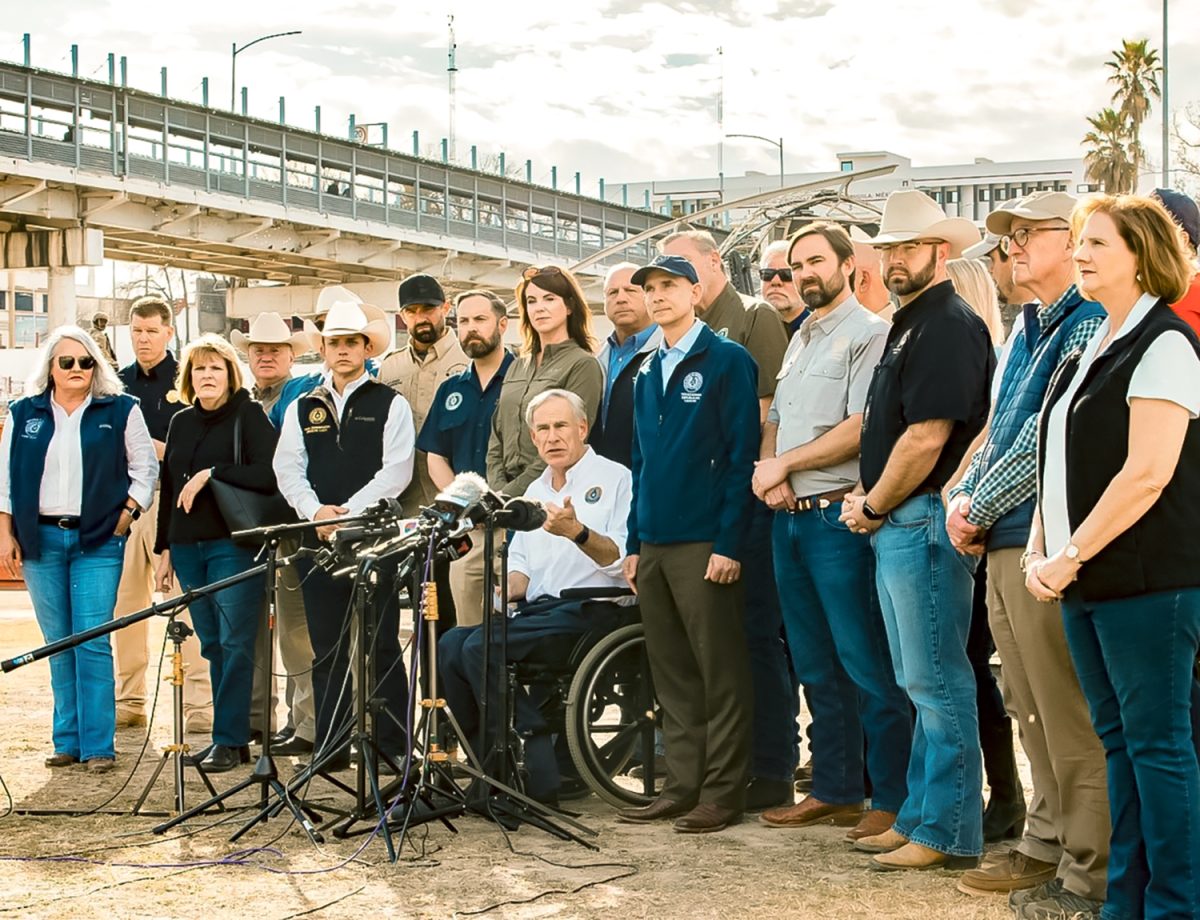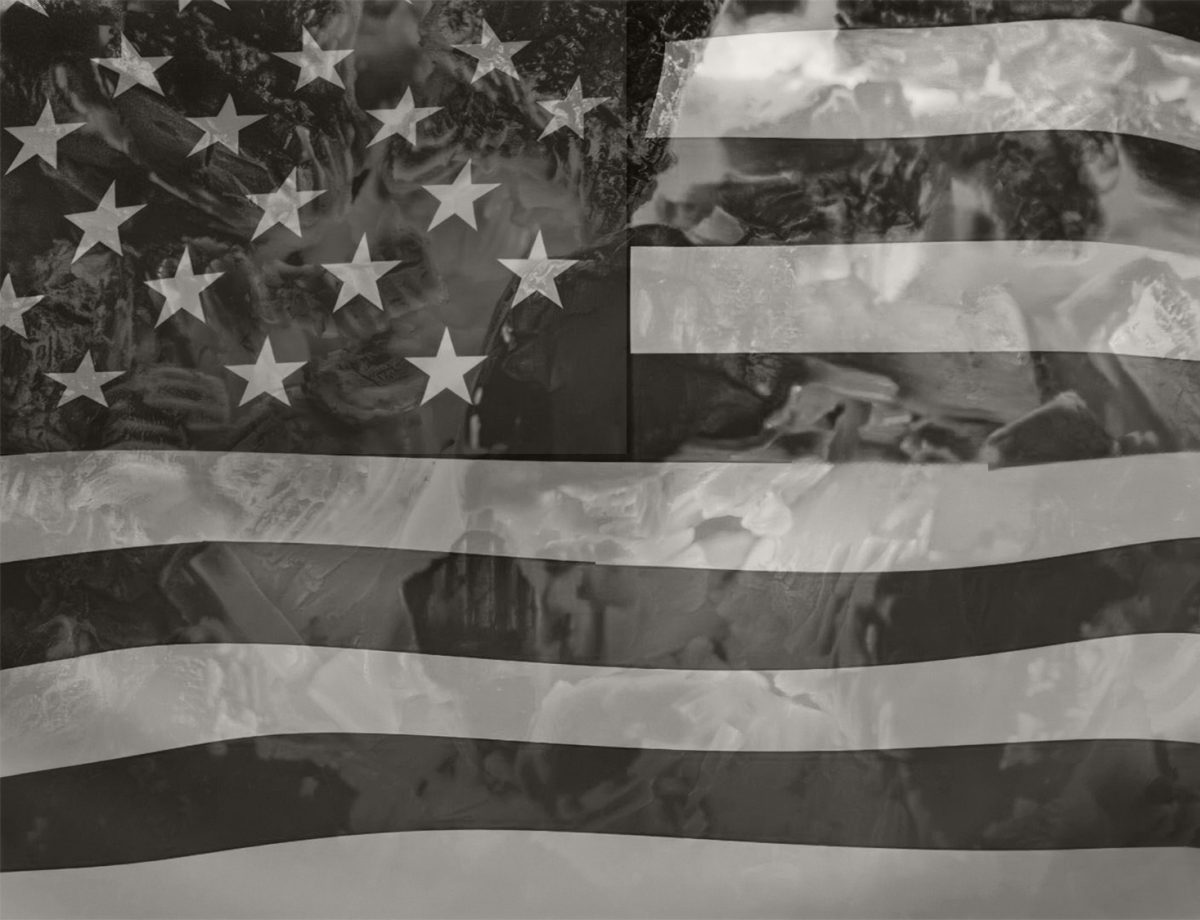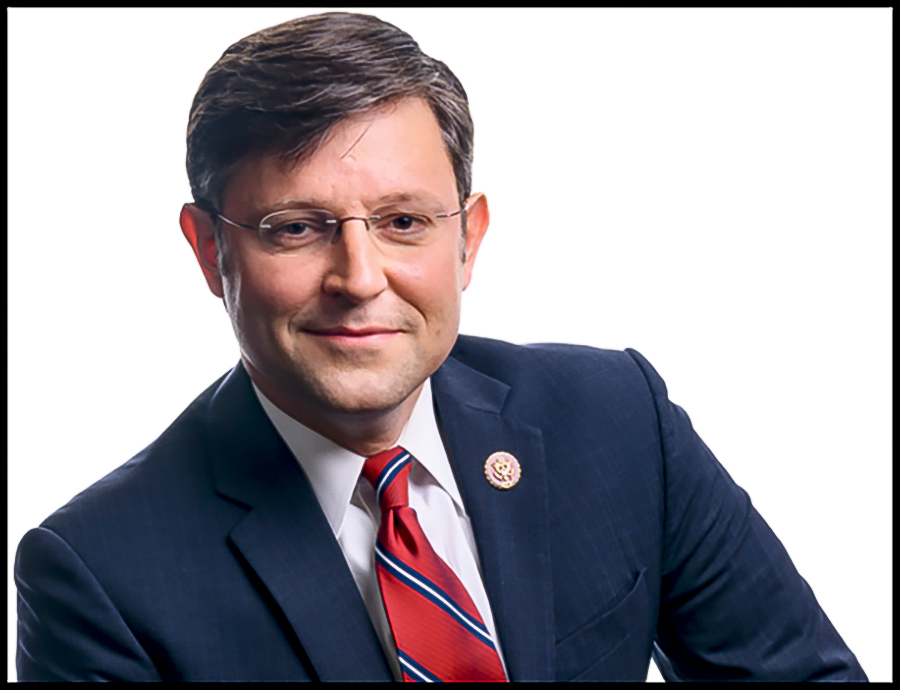
Richardson Area Democrats, or RAD, was hosted on the Richland campus Jan. 27 for a series of congressional debates featuring four candidates: two for the Texas Senate and two for the Texas House of Representatives. The candidates included incumbent Sen. Nathan Johnson and Rep. Victoria Neave Criado, running for Senate District 16, and Francine Ly and Sam Eppler for Congressional District 24, respectively.
The debates took place in the Fannin Performance Hall, and all four candidates had thorough debates as they worked to convince the audience who to vote for in the upcoming congressional elections.
At some points, the conversations grew heated, but anger wasn’t the only emotion in play, as candidates grew somber, tearful and passionate about the topics at hand.
The debates were split into two parts, one for the Senate candidates and one for the House.
While both debates had different moderators, both asked similar questions that reflected society’s top and most pressing issues. These issues included topics like the Israel-Hamas war, the Russia-Ukraine war, immigration, abortion, education, inflation and gun legislation.

Within these topics, the candidates, while mostly agreeing on a general response to the questions, quickly found themselves dis-agreeing with their opponents. Johnson and Criado were especially aggressive when it came to pointing out past flaws, going back and forth on responses for minutes at a time.
Criado, for example, promised to fight for women’s rights and to give women a choice when it comes to their medical privacy and rights. However, Johnson pointed out she voted yes on the Born Alive Bill that was soon after passed in the House.
This bill would prohibit most abortions, and when pressed for a reason by her opponent, Criado explained that she had voted yes due to her Catholic faith. “Nonetheless,” Criado said, “If that bill were to come back up, I would vote against it. Regardless of that, I have been a Planned Parenthood champion in all my sessions in office.”
Criado wasn’t the only one at the interrogation table. As Johnson found himself under fire for a vote he cast on SB 4, a bill that would allow anyone transporting an undocumented immigrant to be arrested and charged with smuggling. Criado said the bill was “harmful to brown and Black people” and a “racially profiling bill.”
Johnson replied that in terms of SB 4, and similar bills SB 2 and SB 11, “You’ll see my vote. No, no and no. I have never ever voted for a racial profiling bill.”
Criado and Johnson weren’t the only ones getting emotional in their responses. Ly got passionate as she recounted her background in immigration and what it meant to live the American dream.
She argued for rights for people of all colors and sexes, for better housing, education and better legislation that would serve their constituents.
Eppler argued for much of the same, but where he lacked Ly’s emotional display, he made up for it in confidence and words. He described his experience working in schools, and said he wished to make not only his constituents safer but freer to be themselves.
Both House candidates went back and forth much less than their Senate counterparts during the debates, and yet they still found as much to disagree on with some topics.
On her prior experience, Ly said: “I have worked for two judges, currently going on 13 years now. Previously, I was in the legislature, so I do have the experience, the knowledge to actually understand each piece of legislature that comes out.”
Eppler’s response was short and to the point. “I was a high school principal, but before that, I was a math teacher,” he said. But Eppler argued that a simple background was made up for in spirit. One of the biggest ideas Eppler was determined to get across was to vote out political extremists in Texas and have a Democratic takeover.

“If we run a campaign, if we have a candidate or an infrastructure of a community that comes together and decides that enough is enough.
I do not want to have an extremist representing us, or Marjorie Taylor Greene representing us. We need to get out there,” Eppler said.
The candidates had much more to say, and each debate lasted an hour, to watch the debate and listen to the rest of their arguments, go to the Richardson Area Democrat’s channel on YouTube and simply search “U.S. Senate District 16 and Congressional District 24 Debates.”








